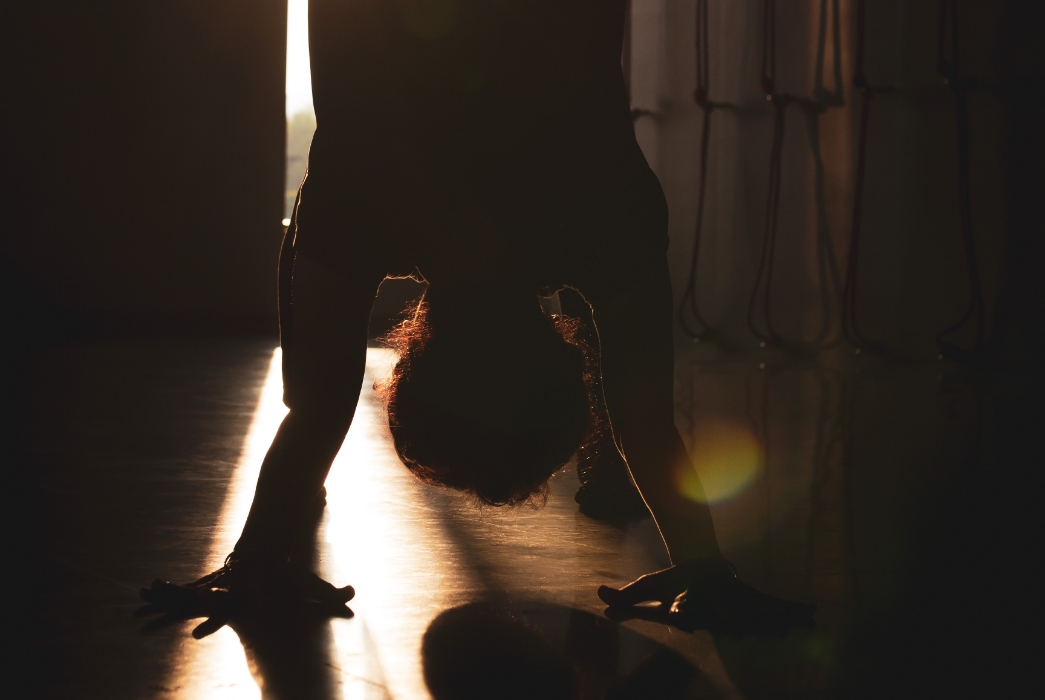Ayurveda emphasizes the importance of dinacharya or daily routine. Charaka says, “As a good citizen takes care of his city, or as a charioteer takes care of his chariot, so a wise person should take proper care of his body to maintain good health.”. The daily routine as described by different classical texts of Ayurveda is given below. You should always try to follow it.
Rising Early: Rising early in the morning when there is a division of day and night allows one to inhale a lot of fresh air. By so doing, you will feel fresh the whole day. Ayurveda believes that there is more prana and more sattva in the air in the morning. By being awake, when you receive their influence, you gain greater freshness, strength, and inclination for work.
Elimination: The second important daily routine is to evacuate the bowels and bladder. Many people have the bad habit of going to the toilet only after tea or breakfast. Cleaning your bowels first thing in the morning must become a habit.
Bath: A warm water bath is always good in all seasons, but if required, a cold bath can be taken in the summer.
Physical exercises: Vyayama means physical exercise. It is defined as the movement of the physical body by which the body organs get stretched. The classics of Ayurveda recommend daily physical exercise. Ayurveda recommends doing exercises only up to the point of your capacity. That means they should not be done to the point of exhaustion or completion fatigue. Rather, only 50 percent of your energy should be consumed in exercise. Fifty percent consumption of energy is judged by sweating on forehead and deeper respiration.
Breakfast: The breakfast must not be very heavy to make one sluggish. It must be hot and fresh, with a combination of seasonal fruits and milk.
Study or work, followed by lunch. After completing the morning routine described above, it is time for study or work. Lunch can be taken between 1 PM and 2 p.m. There should be at least a six-hour gap between two meals. Food intake in The period of digestion of previous meals is called Adhya-shana and is considered the main cause of disease. intake of food should always be less than required.
Evening time out or relaxation program After working hours, you should take some time out in the evening and a bit more if any relaxation program is possible, such as savasana.
Dinner: Evening meals should be taken between 6:30 p.m. and 8 p.m. Dinner should always be lighter than lunch. Due to the night being a period for sleep and rest, circulation and digestion are slow.
Early to Bed: It is desirable to go to bed early and sleep soundly until early in the in the morning. The latest you should retire is between 10:00 and 10:30 PM., so that you can complete about six to six and a half hours of sleep before rising early in the morning.
